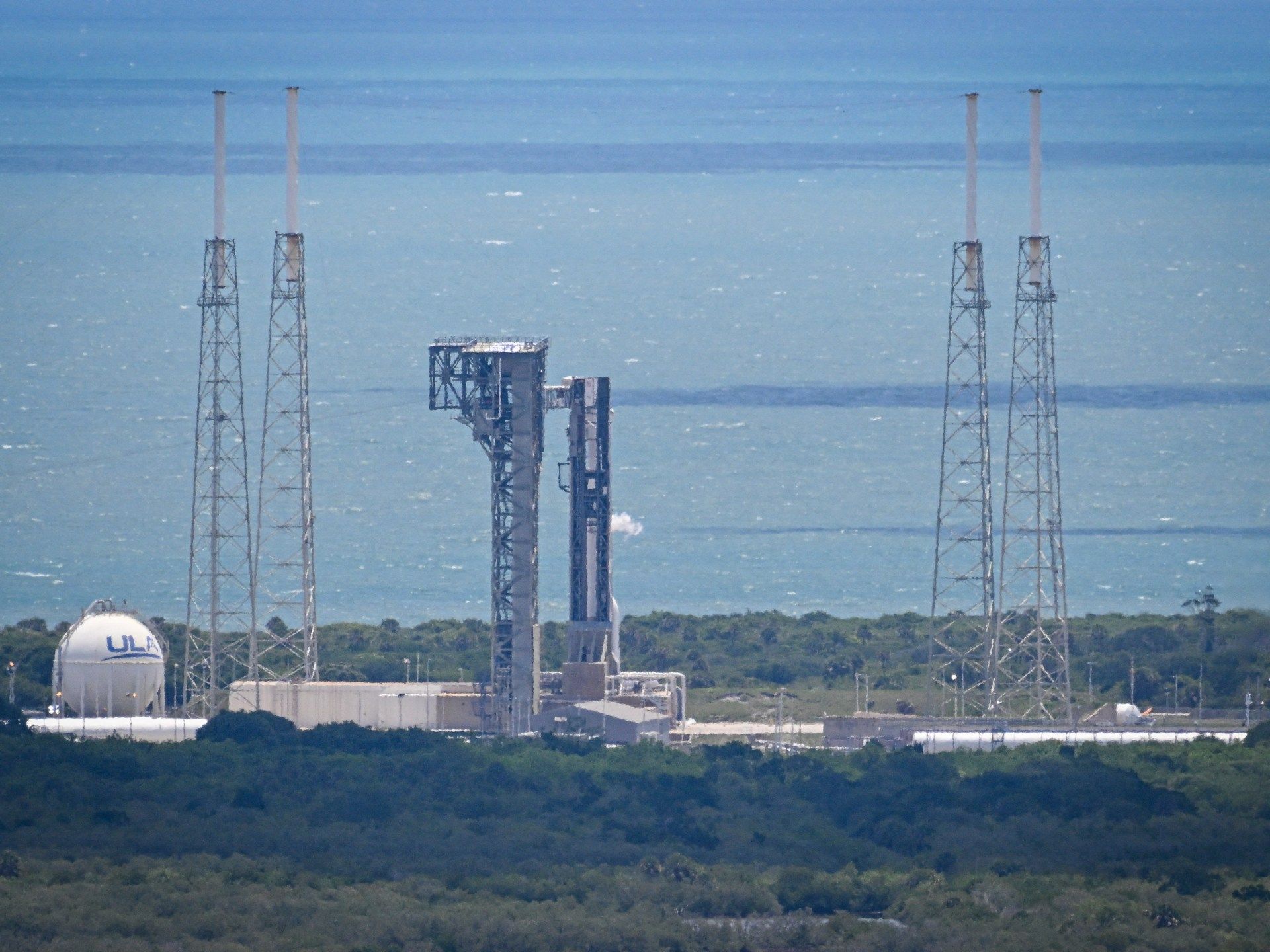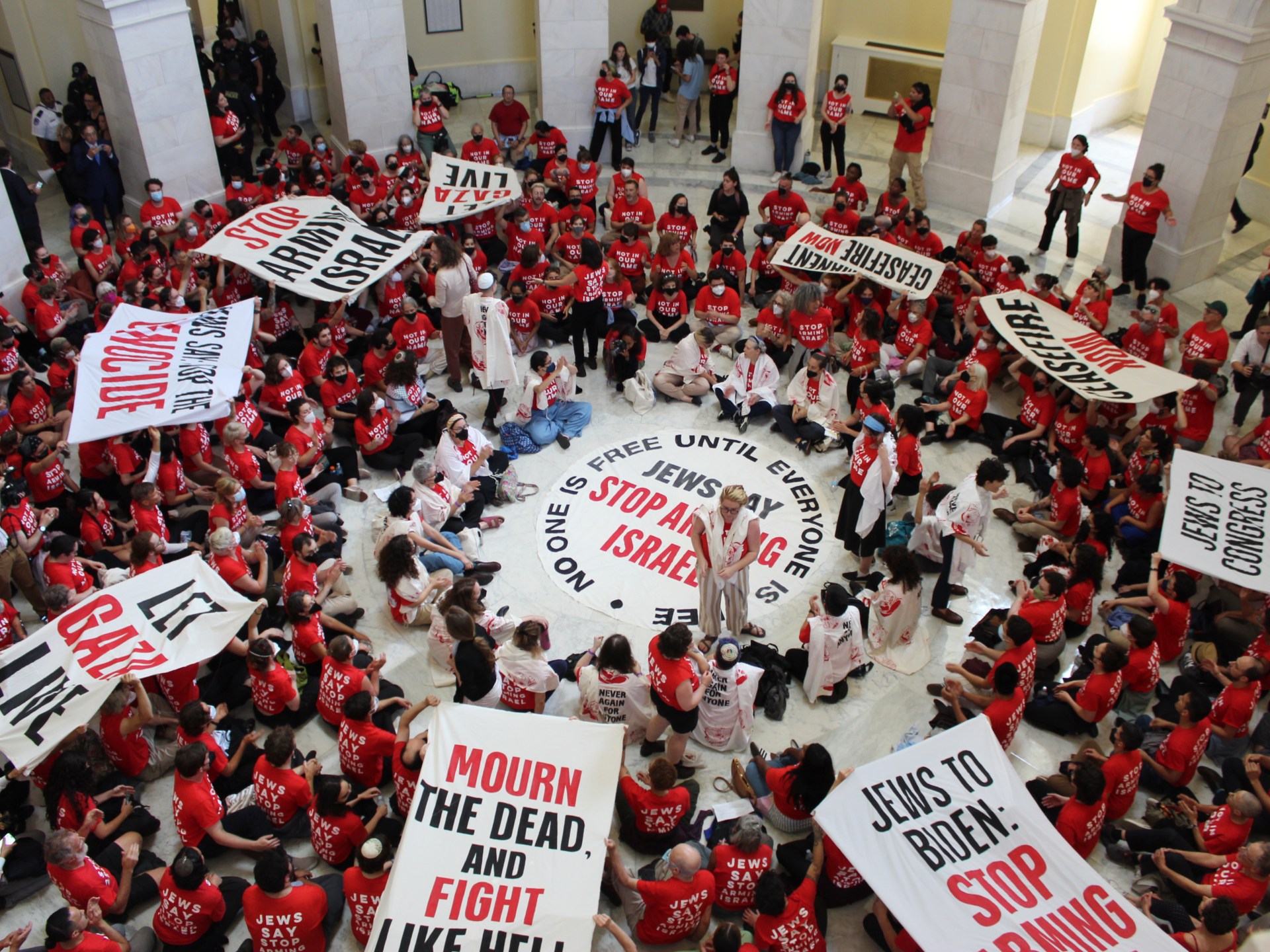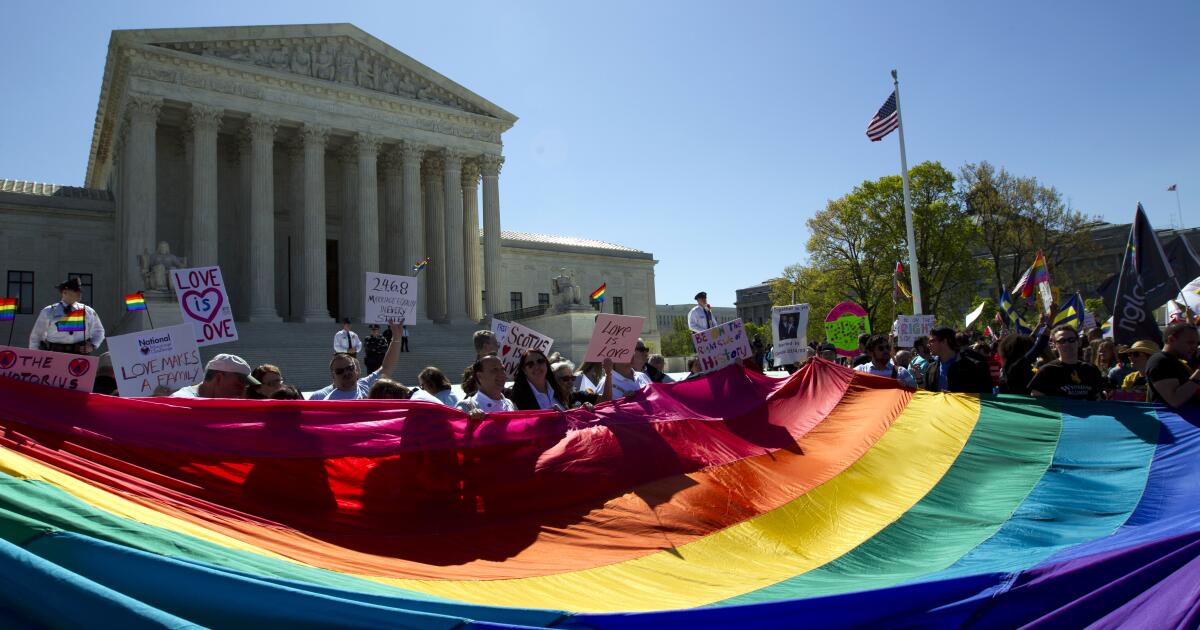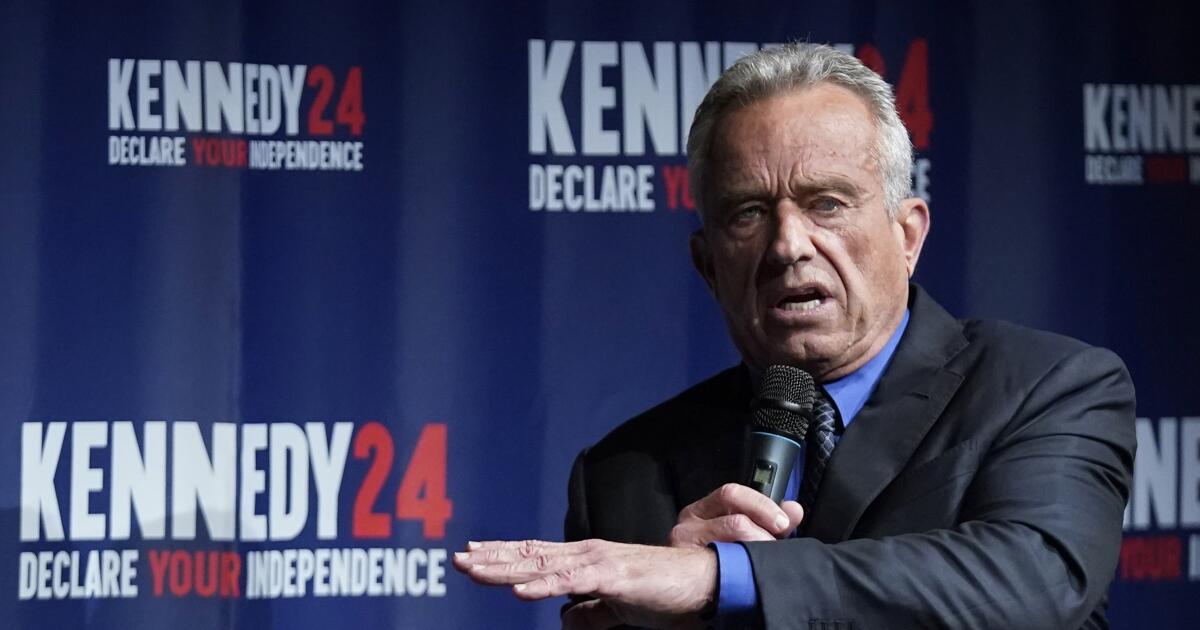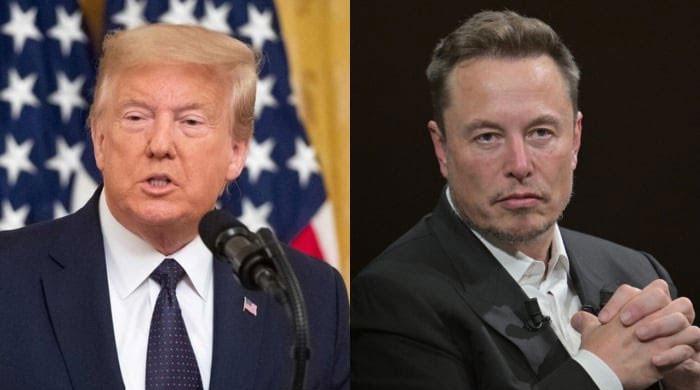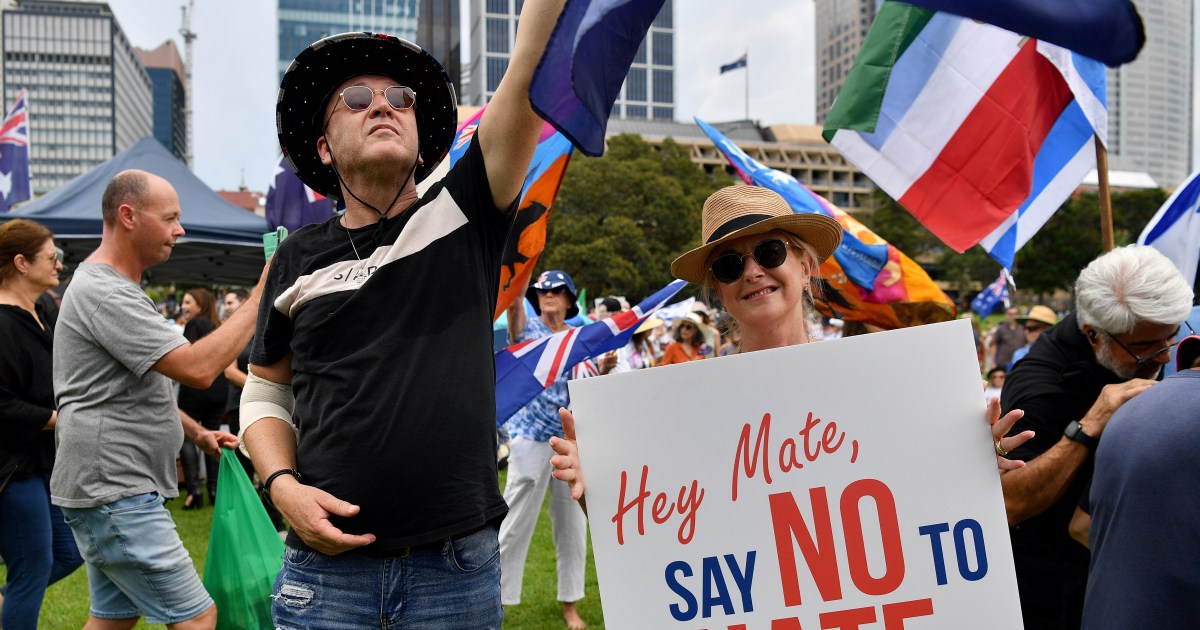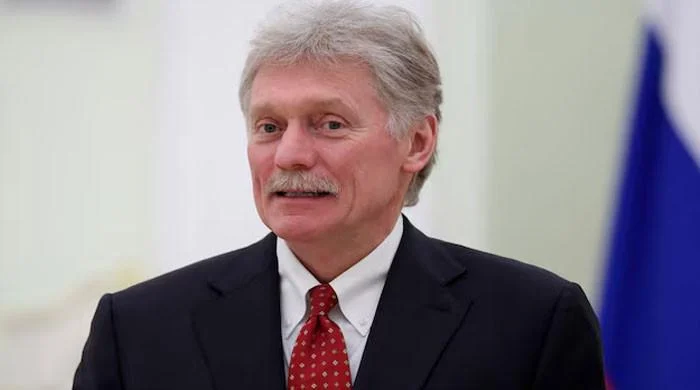The space capsule will transport a two-person team to the International Space Station (ISS).
The countdown to the launch of Boeing's new Starliner space capsule on its inaugural crewed test flight has stopped, postponing the mission by at least 24 hours.
The postponement was announced during a live NASA webcast on Saturday.
Previously, launch forecasts had indicated a 90 percent chance of favorable weather conditions.
However, less than four minutes before liftoff, a ground system computer activated an automatic abort command that stopped the countdown clock, according to mission officials.
The reason for the stoppage is still unclear.
.@POT, @BoeingSpace and @ulalaunch (United Launch Alliance) ruled out today's launch opportunity due to the computer's ground launch sequencer not loading into the correct operational configuration after proceeding with terminal counting. The ULA team is working to understand the… pic.twitter.com/pKkS6cdxYO
— NASA Space Operations (@NASASpaceOps) June 1, 2024
The first trip of the CST-200 Starliner carrying two astronauts, Butch Wilmore and Suni Williams, to the International Space Station (ISS) has been long-awaited and long-delayed as Boeing fights to gain a bigger share of NASA's lucrative business. now dominated by Elon Musk. SpaceX.
Mission commander Wilmore had earlier given a brief but moving speech in which he told tens of thousands of people tuning in to the live broadcast that “it's a great day to be proud of your nation.”
The May 6 countdown was also halted just two hours before launch time due to a faulty pressure valve in the Atlas upper stage, followed by weeks of additional delays caused by other engineering issues, now resolved. , on the Starliner itself.
A backup date is available for Sunday, but it is not yet known if the spacecraft will be ready for launch.
Boeing's first attempt to send an unmanned Starliner to the space station in 2019 failed due to software and engineering glitches. But a second attempt in 2022 was successful, paving the way for efforts to get the first manned test mission off the ground.
Boeing's struggles
Boeing, whose commercial aircraft operations are in disarray after several consecutive crises, desperately needs a win in space for its Starliner venture, a program several years behind schedule and more than $1.5 billion in cost overruns.
While Boeing has struggled, SpaceX has become a reliable taxi to orbit for NASA, supporting a new generation of privately built spacecraft that can carry astronauts to the ISS and, in the future, under its ambitious Artemis program. , to the Moon and eventually to Mars. .
Starliner would compete head-to-head with SpaceX's Crew Dragon capsule, which since 2020 is NASA's only vehicle to send ISS crews to orbit from US soil.
The flight would mark the first crewed trip to space using an Atlas rocket since the historic Atlas family of launch vehicles first sent astronauts, including John Glenn, on orbital flights for NASA's Mercury program in the 1960s.
Once launched, the capsule is expected to reach the space station after a flight of about 26 hours and dock at the research station in orbit about 250 miles (400 km) above Earth.
Plans call for the two astronauts to remain on the space station for about a week before riding the Starliner back to Earth for an assisted landing with parachutes and airbags in the southwestern US desert, a first. on NASA manned missions.
Depending on the outcome of the first crewed test flight, Starliner is booked to fly at least six more crewed missions to the space station for NASA.

